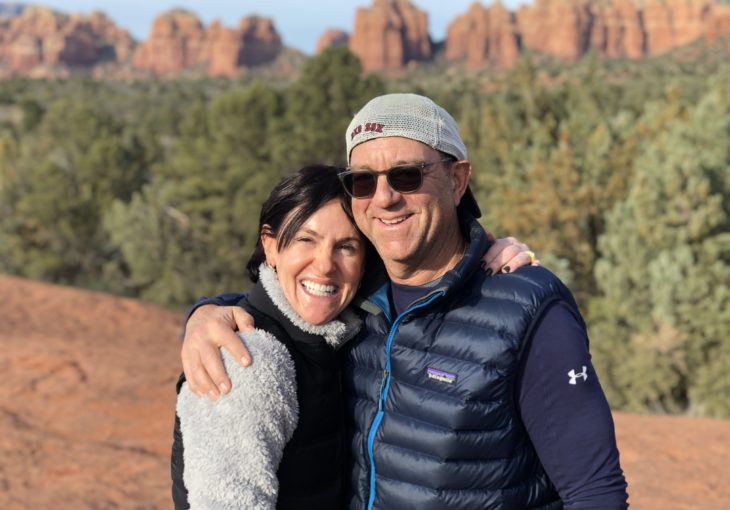Barry Greene has a knack for seeing the big picture.
When he agreed to chair the 2020 Boston Heart and Stroke Ball, he saw it not just as one night of fundraising for the American Heart Association, but as part of a broader mission.
“We wanted [the ball] to be one component of our efforts, but not the only component,” said Greene, who is president of Cambridge-based biotech company Alnylam Pharmaceuticals. “We wanted it to be about community outreach, improving the health of our community, science, and bringing people together.”
Greene’s vision is more important now than ever.
As the country reels from the coronavirus, stroke survivors and those with heart disease, including high blood pressure and congenital heart defects, appear to face an increased risk for complications if they become infected with COVID-19. Early data from several cities, including Boston, also indicates that black people, Hispanics, and Latinos are disproportionately impacted.
The American Heart Association is working to reduce the impact of the coronavirus. This includes establishing a $2.5 million fund to fast-track research on COVID-19, providing businesses with resources to help employees stay healthy and working with parents and teachers to keep kids active while away from school.
“I want the American Heart Association to be the organization that was there to help the community when the community needed help the most,” Greene said.

Greene served on the Executive Leadership Team for the 2019 Boston Heart and Stroke Ball. He is chairing this year’s event.
Greene understands that this depends on the success of fundraising campaigns like the Boston Heart and Stroke Ball. While this year’s campaign is off to a successful start, the ball recently joined a long list of events impacted by the pandemic.
Earlier this month, the American Heart Association decided to move the Heart and Stroke Ball to May 29 from its original May 2 date and to make the event virtual. Guests will still be encouraged to dress in evening attire, toast milestones in the fight against heart disease and stroke and bid on auction items. They’ll just be doing so online and from the comfort of their homes.
Greene and his wife, Natalie, are looking forward to addressing the ball’s guests during the virtual event. While a desire to improve the health of the community fuels their work for the American Heart Association, their family also has a personal connection to the organization’s mission.
Natalie’s father suffered from heart disease throughout her childhood. He had his first heart attack when Natalie was in first grade, a second three years later, and triple bypass surgery two years after that. All of this came despite an active lifestyle of swimming and playing baseball and volleyball.
He eventually died prematurely of congestive heart failure. If he had had access to medical advancements made in the three decades since his death, Natalie believes his story would have ended differently.
“There’s no question he would have lived to see my children be born,” she said.
The Greenes also share a passion for physical fitness, something they bonded over when they met in their freshman year at the University of Pittsburgh.
Greene ran marathons and triathlons before hip issues slowed him down. After retiring as a corporate litigator several years ago, Natalie took up “all the things I never had time to do because I was always taking care of kids and working,” including rowing, running and even triathlons. Yoga is what stuck. She now teaches at Artemis Yoga in Watertown (currently done over Zoom).
“It’s not just about the physical aspect,” she said. “It’s also about finding a way, especially now, to be mindful.”
The Greenes moved to Massachusetts in 2001. They live in Boston and have two children, Harley and Sydney.
In these uncertain times, Greene believes that supporting the Boston Heart and Stroke Ball and the work of the American Heart Association is critical to keeping our loved ones safe and healthy.
“We’re going to come out of this crazy time and really demonstrate how the American Heart Association can show up for the community,” he said.
